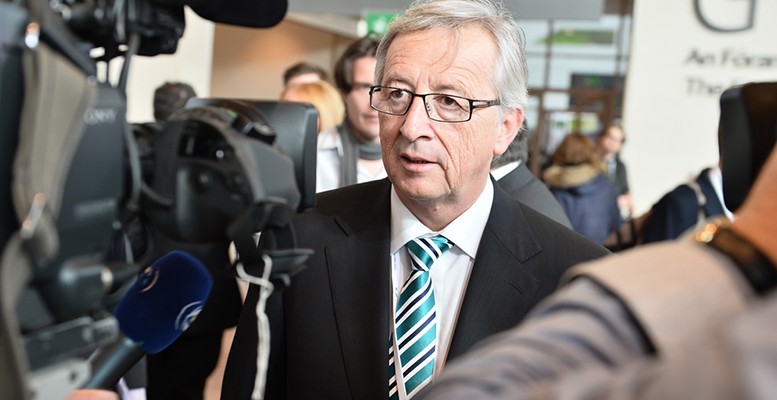The European economy’s cyclical recovery is solid and widespread. Low energy prices, support policies, stronger labour markets and a recovery in lending which has boosted consumption. In short, this is what the International Monetary Fund said this summer.
However, the output gap will not be closed until 2019. So the potential for growth is not being taken full advantage of: a gap of -2.5% of EU GDP in 2014 and -2% in 2015. This was the year when the European Commission, now headed up by Juncker, announced an investment plan to the tune of 315 billion euros to revive production and employment and fill the productive void. The Juncker Plan is a political call to relaunch the economy using a tool, the European Fund for Strategic Investments (EFSI).
The EFSI is a 16 billion euros guarantee from the EU budget, which is complemented by a further 5 billion euros of financing from the European Investment Bank (EIB). The aim is to unlock private investment of at least 315 billion euros by 2018. The guarantee allows the EIB to assume more risks at a time when there is a lot of liquidity in the capital markets and there is huge investor appetite. In short, leveraging with public money from private capital earmarked for SMEs which create jobs in the EU, while the big listed companies put making profits before productive investment.
The Juncker Plan works, it’s not just a mere accounting exercise. The plan has already triggered 58% of the final 315 billion euros investment target of the FEIE I. Hence the proposal in the European Parliament for an FEIE II, which raises the funding cap to up to 500 billion euros. In 2016, Italy was the principal beneficiary of the Plan, mobilising 17.5% of the funds, followed by Spain with 14%. In 2017, with the aim being for Spain’s economy to be more dynamic, the country could become the leading recipient of the funds mobilised by the European Fund which manages the Plan. In fact, Spanish firms have been the beneficiaries of 28 new projects for a combined total investment of 15 billion euros: these range from Farmafactoring to the Palma Mallorca Town Council, in addition to those companies already benefitting, like Cosentino, Gestamp, El Corte Inglés, Redexis, Grifols and Maier. This company obtained a 25 million euros loan to develop new automobile components which would help reduce weight and fuel consumption. Then there are loans to develop new technologies which respect the environment. As the IMF also highlights, “additional” investments which create a nucleus from which to develop wider geographic distribution and sectorial diversification; key elements to fill the output gap…Spain has major access to the funds mobilised by the Juncker Plan. A mechanism designed to re-establish the social agreement which capitalism leaves aside. An opportunity for our SMEs. Furthermore, the ICO and the private banks will be the institutions which mobilise these community funds in order to multiply their effect.





